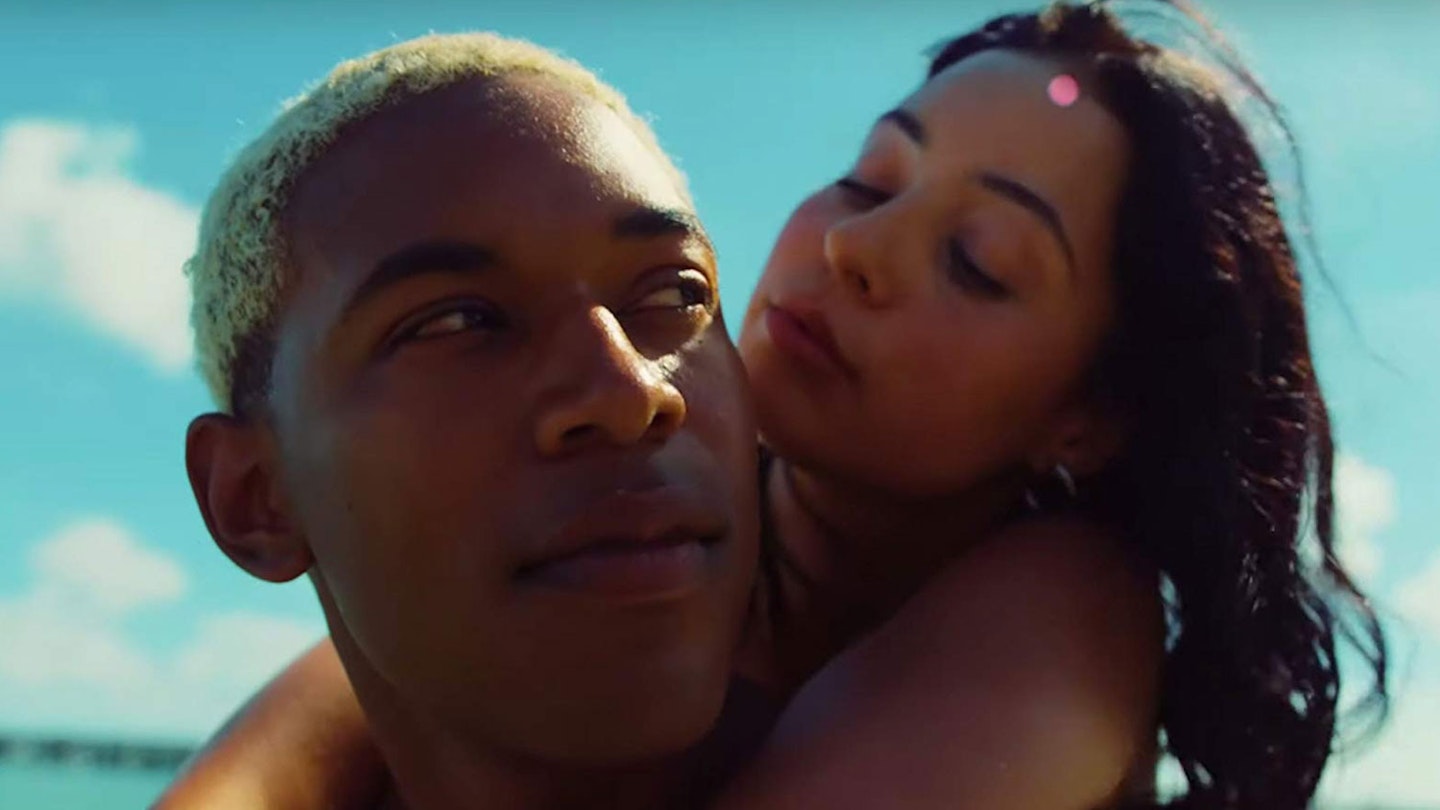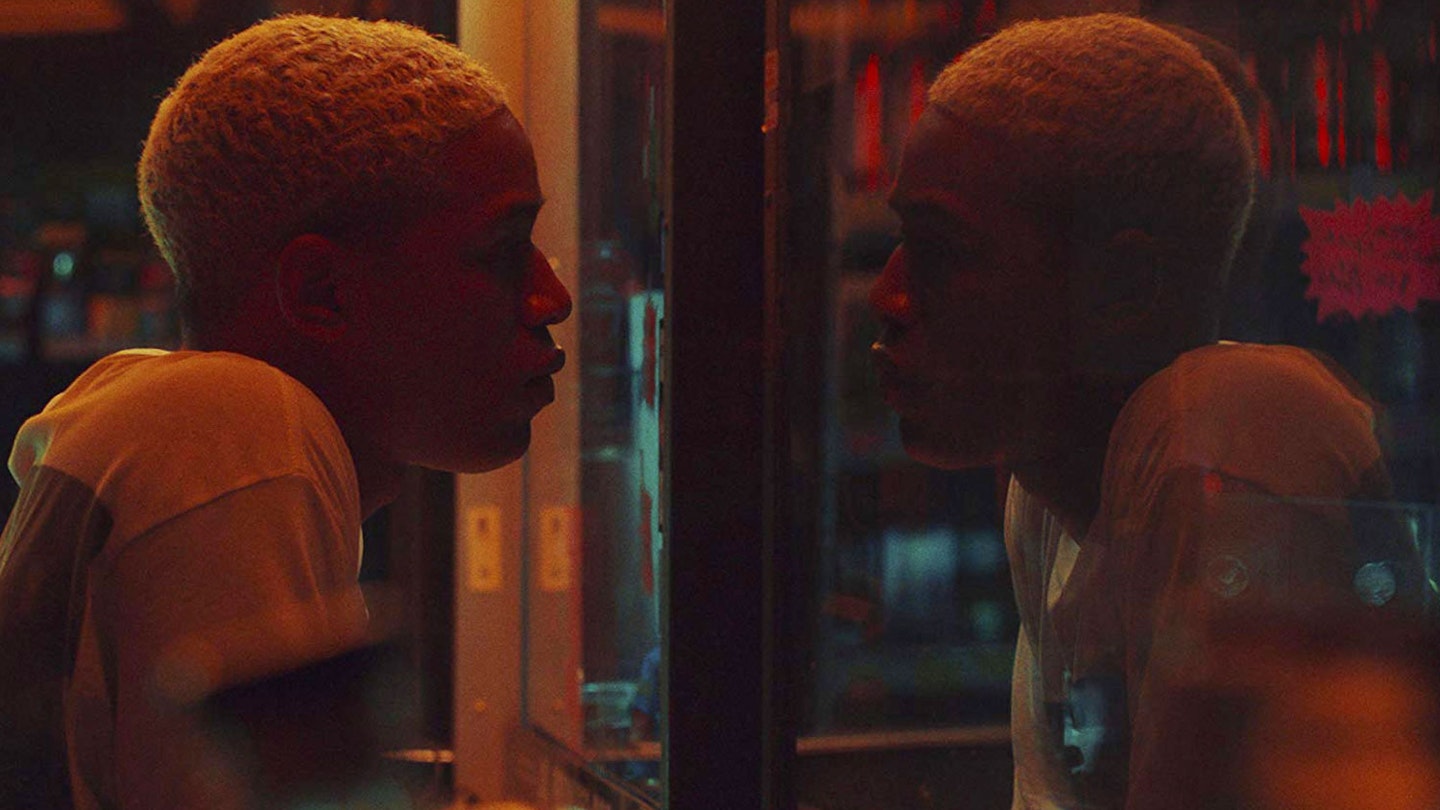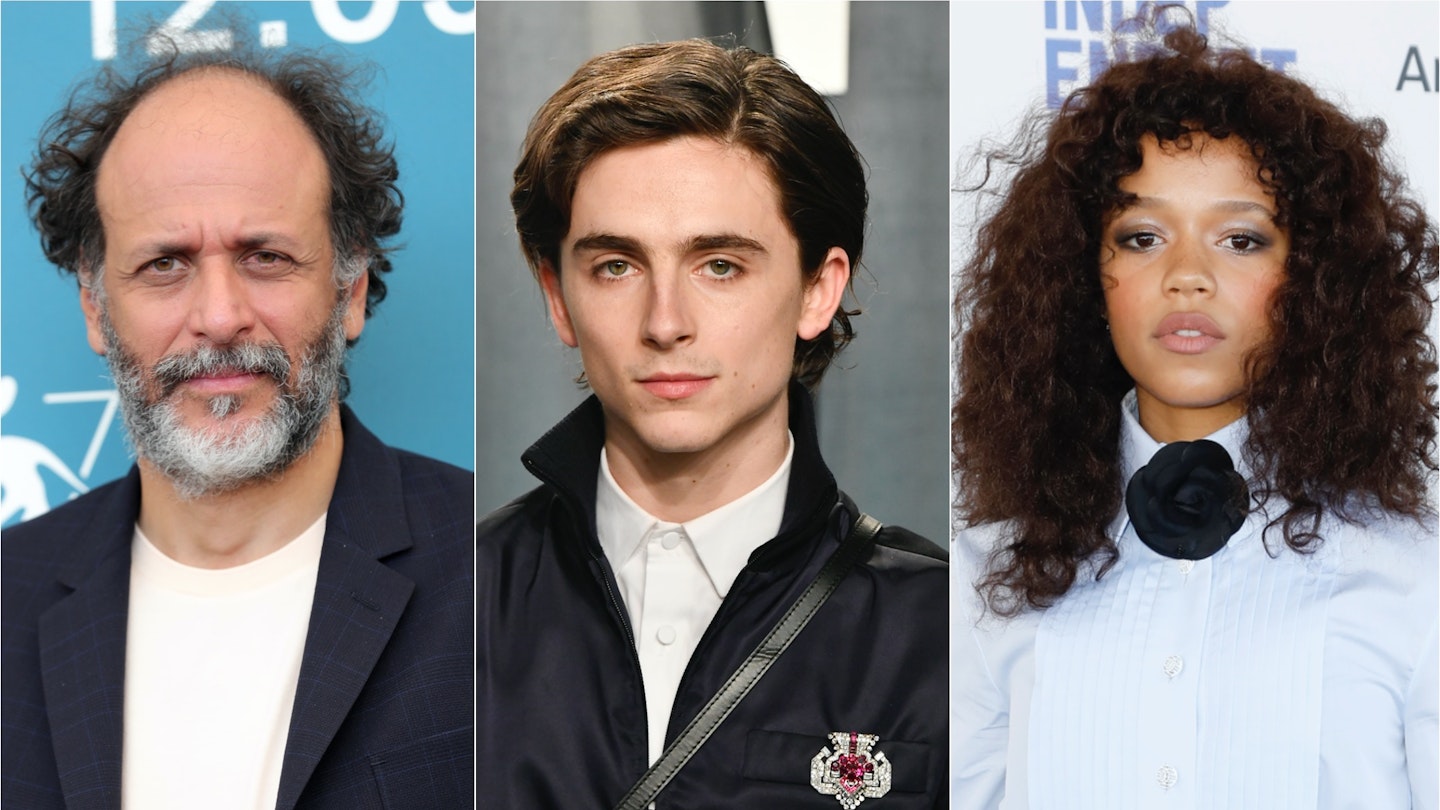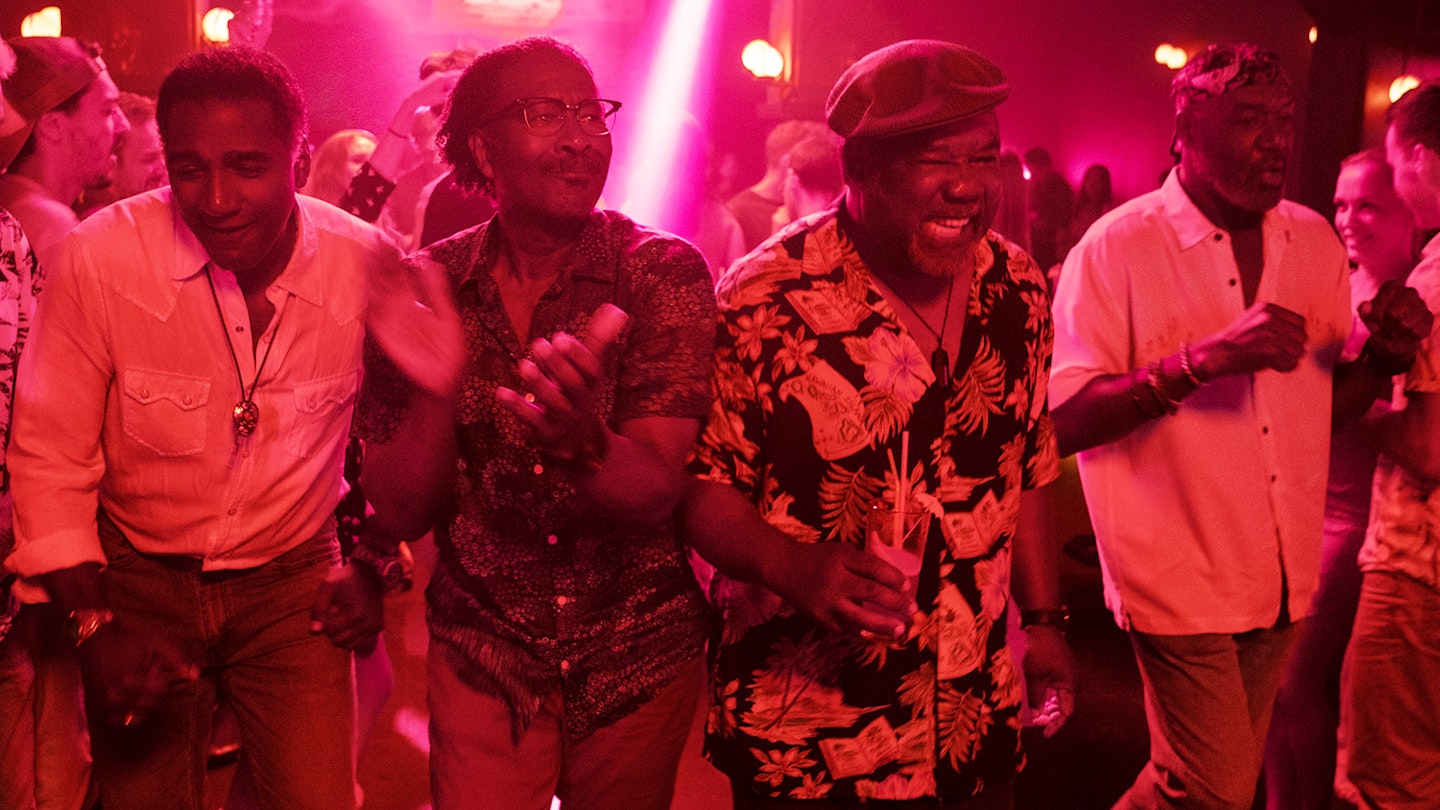The palpitations begin soon enough. There’s harmony at first, serenity even, as Waves introduces us to South Floridian high-school wrestler Tyler (Harrison Jr) and his upper-middle-class African-American family. Tyler is a young man with all the promise in the world, but slowly and surely, he is coming undone. All misguided masculinity and pent-up frustrations, he’s a powder keg, a human wall-punch, constantly on the verge of boiling over as his plans go awry. As the film gathers pace, the intensity becomes all but unbearable — never have the three bubbling dots on the phone as you await a response been so dramatic. Waves — for a time, at least — is a cinematic panic attack.

Trey Edward Shults previously directed 2015’s much lauded but under-seen Thanksgiving drama Krisha, and then, in 2017, subdued Joel Edgerton thriller It Comes At Night. With Waves he seems to be laying himself bare, emotions exploding all over the shop, with an aesthetic to match. For the first half of the film there’s barely a frame that isn’t Day-Glo. With cinematography from Drew Daniels, who worked on HBO’s Euphoria, Waves makes the whole world its nightclub — it glows, the camera swooping and swirling around its characters like it’s in love with them, Trent Reznor and Atticus Ross’ foreboding but fuzzy score cocooning them.
It is sensuous and vibrant, a film where everything is heightened with magic mushroom clarity.
Throughout, the film is flooded with warmth, even more acutely as it shifts gear in its second half, into something less kinetic than the first half’s maelstrom but tangibly sensitive. Here, it homes in on Tyler’s little sister Emily (Russell), and the tone and pace match her softer, inquiring and more mature temperament. As such it isn’t half as dynamic as its opening. This is intentional, but it also becomes more generic, straighter, less impactful. It’s still engaging though, and sweet, and it is refreshing to hang out with Emily’s friend Luke (Lucas Hedges) — he’s a good soul, with no agenda, and it strikes you how rare it is to see such a character on screen. He’s kind of adorkable. “Fuck, I love manatees,” he says. “They’re like if a cow and an elephant had a baby, in the water.”
There is a smidgen of social commentary but it’s more-or-less kept at bay in favour of more domestic drama. Shults’ mother and stepfather were both psychotherapists, and you can tell — there are a lot of feelings in this film. It’s about how hard it is to heal, and the agony of it all here, even if it’s occasionally overwrought, is striking. You get the sense that Shults is reckoning with stuff, coming to terms with things, giving himself — and others — a break.
Waves is a mood. Quite a few moods (soundtracked, above and beyond Reznor and Ross’ score, to perfectly placed needle-drops from Frank Ocean, Radiohead and Tame Impala). It is sensuous and vibrant, a film where everything is heightened with magic mushroom clarity. This, maybe, is the way Shults sees the world — or at least how he’d like to see it. It’s a great place to visit.


